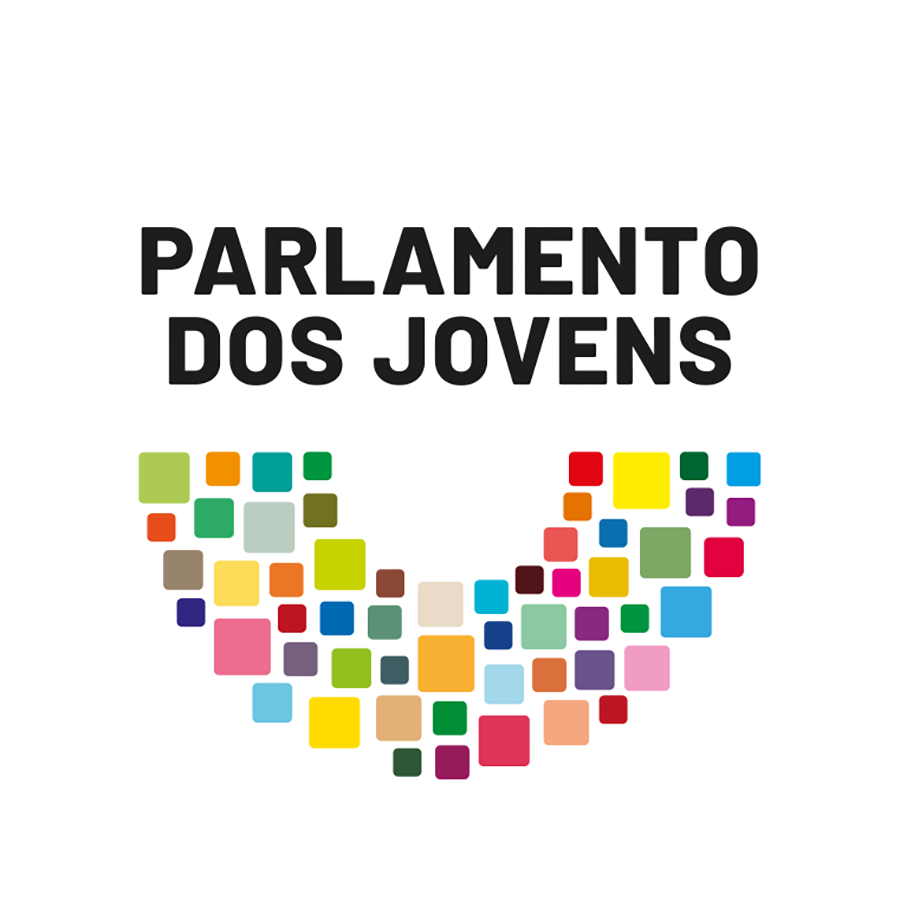March 24 marks the day when Portugal has had more time under democracy than it had under dictatorship. It will be 17500 days of life, it is 48 years of democracy that we must celebrate.
Based on the experience acquired as a teacher and coordinator of the Citizenship and Development team, I will present the Youth Parliament in its main lines.
Although the implementation of this educational program takes place in basic schools (2nd and 3rd cycles) and secondary schools, it is an initiative of the Assembly of the Republic that started it in 1995 by the hand of the deputy and teacher, Julieta Sampaio.
This year, the constituency of Faro has 15 secondary schools (public and private) involved and all of them were present at the district session on March 15th, a true assembly of 60 young people who met to discuss the topic “The impact of disinformation on democracy”.
The work that has been done so far can be summarized as follows:
1st – the topic under debate, common to all schools in the country and beyond (Portuguese schools in Europe and outside Europe also participate), is published by the AR and the IPDJ;
2nd – the schools prepare their electoral commissions and publicize the actions and the calendar;
3rd – students organize themselves into lists of 10 elements, respecting the Law of Parity, and prepare 3 proposals that they take to school debate;
4th – after the electoral campaign period that takes place in each participating school, the electoral act is carried out and based on the results of the polls, the school assembly is constituted, using the d'Hondt method;
5th – from the debate held in the school session, the proposed measures that will integrate the school recommendation project are voted on by the school deputies, which will be taken up again in the district session at the IPDJ and, if this stage is passed, also in the national session , scheduled for the 30th and 31st of May at the House of Democracy, the Assembly of the Republic.
The Algarve schools, by choosing (as the deputies of the Republic do when they vote on bills) the measures they consider most effective to respond to a common problem, are exercising representative democracy.
This being the didactic model of education for citizenship that the Youth Parliament proposes, its adoption proves to be fundamental in combating the abstention of younger voters and the removal of the most competent from political life.
In the academic year 2021-22, the democratic debate is centered on questions of truth and its communication, with reality transporting us daily to the world of social networks and their harm in the formation of public opinion. And aren't counter-information and disinformation the most corrosive weapons of states, since the most remote times of civilization?
In a systematic look at the recommendation projects for schools in the constituency of Faro, we found a considerable diversity of proposals that can be grouped by categories.
They are, in descending order of frequency:
>>creation of formal and/or informal educational programs on media literacy; reinforcement and/or creation of state bodies to monitor and/or criminalize propagators of fake news;
>>spreading communication campaigns on the dangers of disinformation aimed at the general population;
>>development of online falsehood detection platforms and/or technologies – fact-checking;
>>required for online accountability and/or real identity;
>>creation of a seal of reliable information;
>>creation of subscription/special price (for students) of reliable newspapers;
>>creation of the Order of Journalists and dissemination of the Code of Ethics for Journalists;
>>publication of Law nº27/2021 – Portuguese Charter of Human Rights in the Digital Age.
Educating for citizenship and civic and political participation, making known the Assembly of the Republic, the rules of debate and the decision-making process of Parliament, promoting democratic debate and providing the experience of participating in electoral processes are therefore the valuable objectives. of the Youth Parliament.
And now, do we know what democracy smells like? For me it's sweat. A sweat that summons us to the dialectical construction of the argument, because, without discursive work, there is neither participatory political action nor effective leadership.
Author: Ana Lúcia Correia teaches Integration Area and belongs to the Citizenship and Development team at Escola Secundária João de Deus, in Faro. He is a member of Glocal – Faro. She has a degree in Philosophy and a master's degree in Human Resource Management.





















Comments